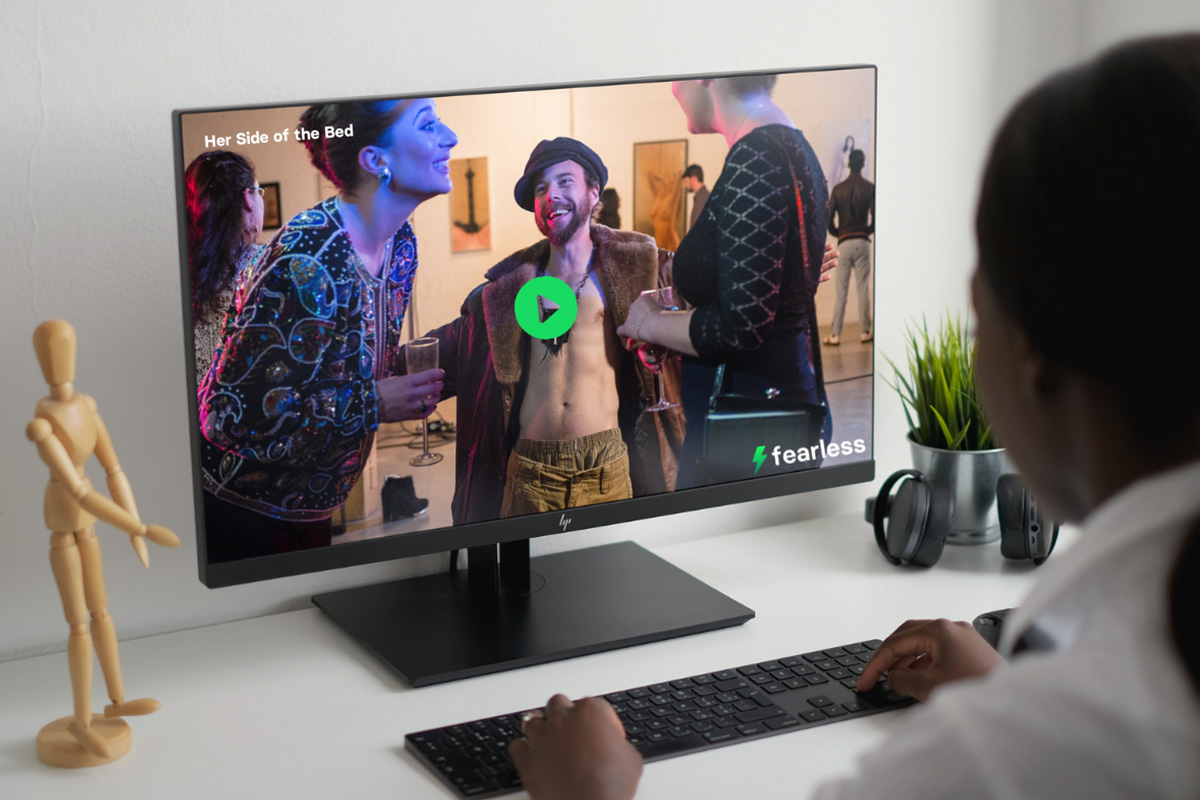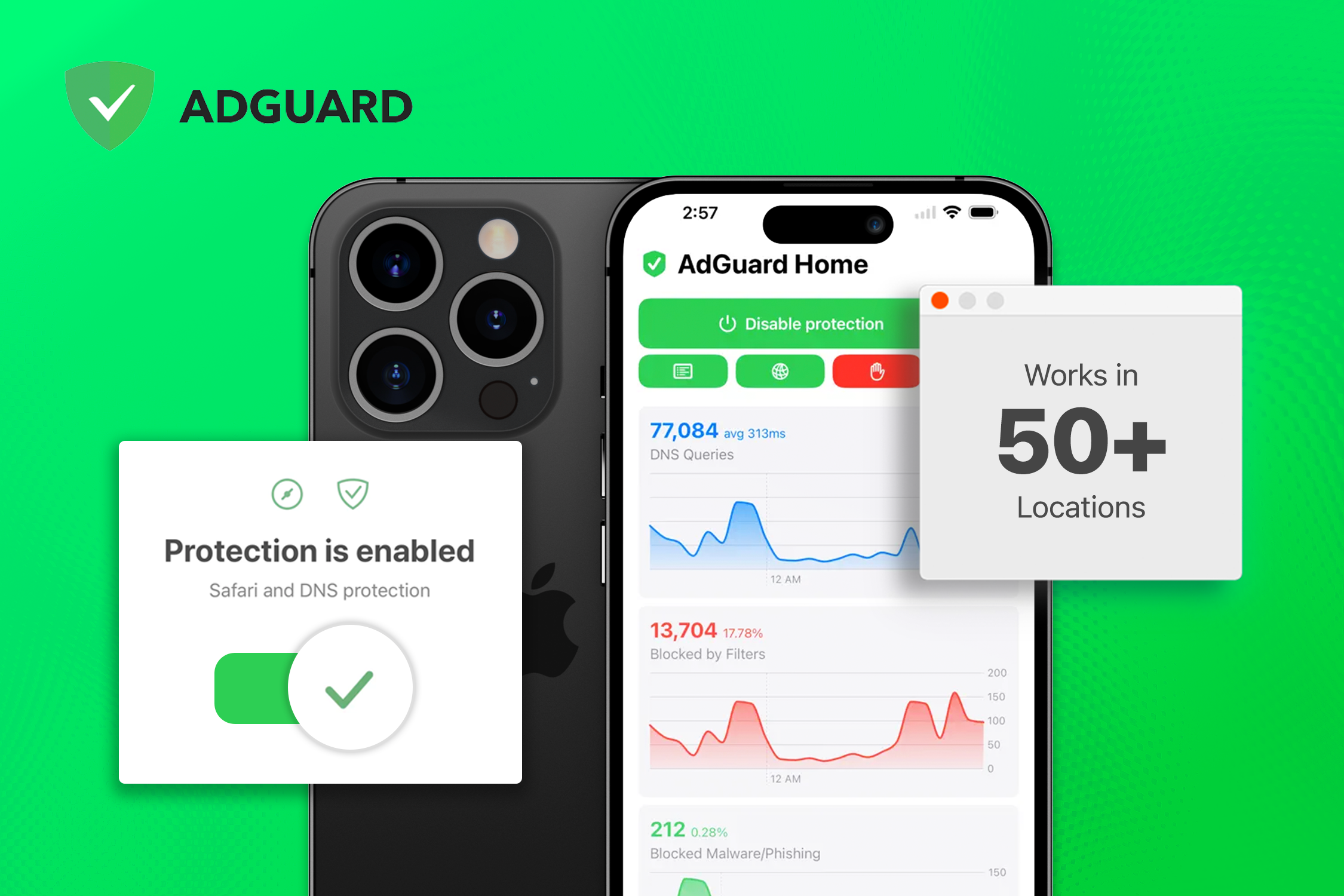
Invalid Date
How large language models make shopping smarter.

Photo via alexsl on iStock
In a remarkably short span of time, artificial intelligence has transitioned from a novelty to an indispensable tool seamlessly integrated into everyday life. You might have already started using generative AI like ChatGPT at work, but that’s not the only place AI is changing the game.
As we delve deeper into how generative AI works, we'll break down its transformative role in various aspects of our lives, notably in the way we shop and make informed decisions using some specific AI-powered shopping apps.
Simply put, generative AI is an algorithm that can create new content. Developers train these algorithms with a huge sampling of textual data gathered from books, articles, and web pages. That’s why they’re called large language models (LLM).
Large language model generative AI works by analyzing the prompt you give it, comparing it to similar things it has knowledge on, and giving you what it assesses to be the most correct response. It’s like a much more advanced version of the predictive text on your phone.
Now, if AI can give you a reliable, well-researched answer to a question like, “What is a VPN?”, it’s not much of a reach to start asking it for shopping advice. In principle, it could even save you time sifting through answers you’d have found researching on your own. Enter the AI shopping assistant.
Some AI has been specifically trained to help you find great deals or cool products, but you can also ask chatbots like Google Bard or ChatGPT for recommendations.
Large language models have been conditioned to functionally crowdsource the “correct” answer to any prompt, so asking one for a shopping recommendation is kind of like a quicker, smarter way of asking the internet what you should buy.
There are a myriad of generative AI shopping tools available to consumers, with some excelling as general product research tools while others are a great way of finding products you can’t locate through any other means. Below are just a few of the most exciting early AI shopping tools.
ChatGPT might be the biggest name in AI right now. OpenAI’s LLM chatbot can do everything from writing a blog post to composing a Shakespearean sonnet. And it can also recommend a good pair of hiking boots.
Prompting ChatGPT to act like a shopping assistant is simple and doesn’t require anything more complicated than prompting it to write an email. As always, users can write to ChatGPT like they would to a real person, and that casual accessibility is a strength that puts it almost on par with talking to a real person. Almost.
Asking ChatGPT something as simple and general as “Where can I find interesting lifetime subscriptions?” nets eight promising results with detailed explanations of what you could find there. If you want to narrow your search further, you can ask the AI to list the top three:
One caveat ChatGPT will be quick to remind users of is that the GPT 3.5 LLM was only trained on new data until 2021, so everything it knows functionally stops in September of that year. That's the free version. You can pay to upgrade to GPT 4, but GPT 4's update wasn't all that much more recent.
However, that just means it also works as a great starting point if you’re trying to research a product in-depth. Asking ChatGPT to list the top 10 VPNs as of 2021 gets you this list along with the standard caveat saying its knowledge is limited:
When Bing first launched its ChatGPT integration, visitors could use it in place of a standard search. That function was pulled, but the chatbot itself remains, now a slightly expanded use of OpenAI’s ChatGPT.
Bing features GPT 4, which means you can also use image and voice prompts. That element is usually only available to paid OpenAI accounts, and it means you can snap a photo of a product you can’t find on your own. Have the robot find it.
Bing even lets you adjust how creative or targeted its responses are. Setting the AI to be more creative may be helpful for finding novel (and purchasable) solutions to problems. Setting it to “Precise” could be useful for specific recommendations.

GPT 4 can handle more advanced written prompts, and Bing’s application works efficiently as an AI shopper.
Instead of simply listing options based on a prompt, Bing also links them. If you asked for a list of the top language learning apps, you’d get a response that includes Duolingo, Rosetta Stone, Lingoda, Pimsleur, and Babbel.

Bing responds to conversationally written prompts just like ChatGPT, but it struggles with some commands relying on specific numbers.
Asking for a list with 10 items may get you 10, or it may get you four, which can be frustrating. On the flip side, clicking the “See all” option on a large list of results may take you to a Bing search page.
Shopify’s AI tool may feel like the most logical one; there are over four million Shopify stores, after all. These are managed by industry leaders and independent sellers alike, and Shop pulls data from all of them to give you product recommendations.
The interface is simple, with a search bar on the first screen where you can watch a rotating list of suggestions like “skincare products for sensitive skin,” “ergonomic office chairs,” or “I’m having a BBQ.”
Once you input your first prompt, you’ll be taken to a results page with rows of products gathered from different Shopify stores, all categorized by price or shared features.
In terms of user experience, Shop excels. The results page looks almost like a landing page for a unique store filled with products exactly suited to your search.

Users can refine their results by further prompting the AI.
An initial search of “cool kitchen gadgets” can be narrowed by price or by adding a more detailed description like “kitchen gadgets that connect to smart home.” It should be noted that some follow-up responses to the AI do not narrow the results very well.

The main feature of Shop is also its primary limitation: It only pulls from Shopify stores.
While the AI is intuitive and adapts quickly to more advanced searches, Shop’s best recommendation may not be the best product for you overall.
Whether you’re searching for a product you can’t locate on your own or searching for a deal you can’t find anywhere else, artificial intelligence commerce tools add a new facet to shopping as a whole.
As e-commerce proliferates and prices fluctuate, AI may shift again from a simple assistant into a basic, irreplaceable necessity.
Sign Up For Our Newsletter
Sign up to see our latest collections, exclusive offers & get 15% off.

Invalid Date

Invalid Date

Invalid Date

Invalid Date

Invalid Date

Invalid Date

Apr 14

Apr 14

Oct 28

Jul 3

Jun 28

Jun 25